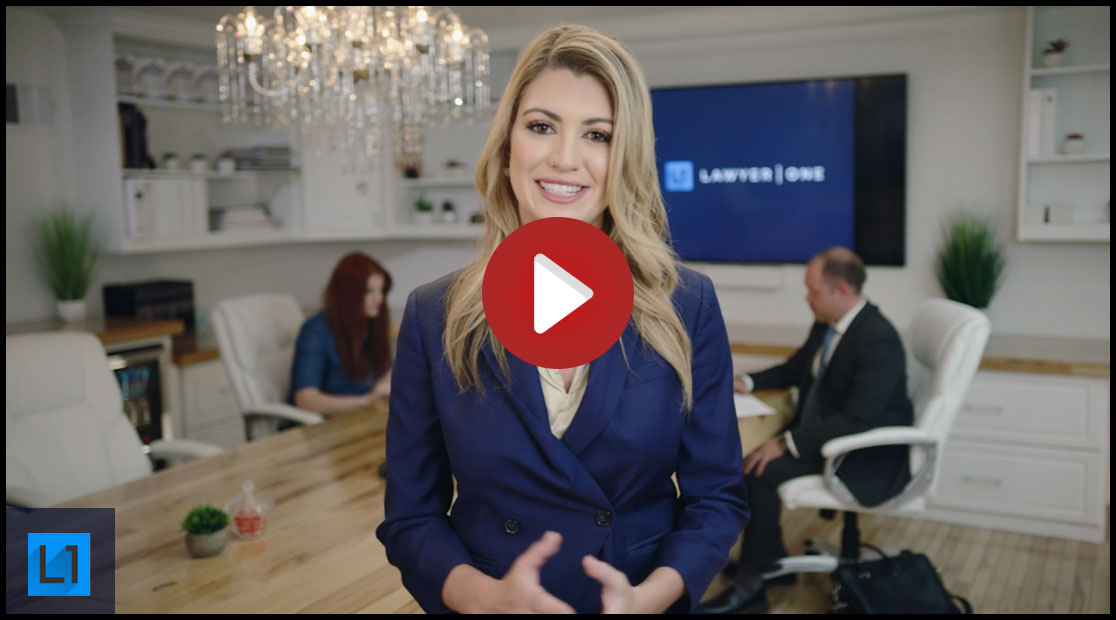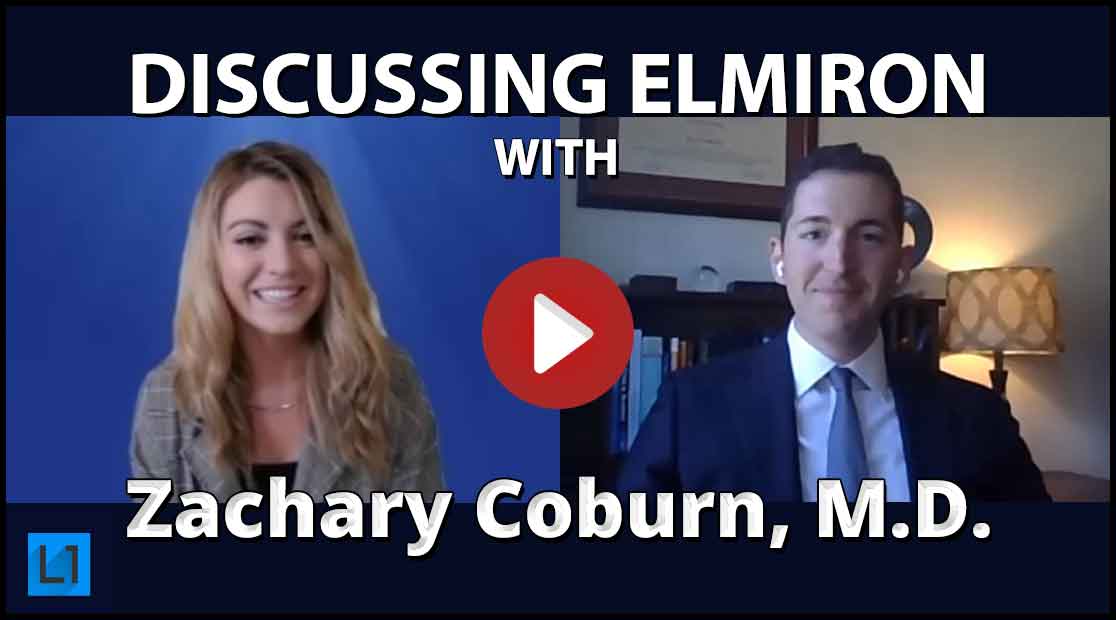What is wrongful death?
An unexpected death can be painful for the surviving family members. The grief, devastation, and damages can be overwhelming. Anger magnifies that loss when someone a person dies due to someone else’s negligence,. There is no sum of money, which will bring that person back. You can hold liable the party responsible. Wrongful death laws in Nevada can provide financial support for surviving family members.
Wrongful death is when a person’s death occurs as a direct result of someone else’s negligent, careless, unlawful act, or failure to take action.
When a wrongful death occurs, the estate or heirs may be able to bring a lawsuit against that person or entity. Wrongful death is the basis of a personal injury lawsuit to establish liability and seek compensation for damages, pain, and loss.
Some circumstances can lead to a wrongful death lawsuit, including:
- Car Accidents
- ATV Accidents
- Truck Accidents
- Pedestrian Accidents
- Boating Accidents
- Motorcycle Accidents
- Slip and Fall Accidents
- Nursing Home Neglect
- Medical Malpractice
- Defective Products
- Parental Neglect
- Premises Mismanagement or neglect
- Criminal Acts.
Wrongful death is not a criminal case; it is a civil case. If someone dies as a result of a criminal act, the criminal goes to trial in a criminal court for punishment. To collect monetary damages connected with their loved one’s wrongful death, a family member must file a lawsuit in civil court.
In December 2019, Tracy Ann Cihal, a 57-year-old widow, died trying to escape a fire in the Alpine Motel Apartments in Las Vegas. Channel 8 News reported that Deborah Crawford, a family member, filed a wrongful death lawsuit against apartment owner. The suit claims negligence and wrongful conduct led to Cihal’s death.
A fire inspection report showed the apartment building had many violations, including:
- Missing smoke alarms.
- Exit doors bolted shut.
- Defects in the fire alarm system, and
- Fire doors that would not close.
Firefighters found Cihal’s body in the main hallway near the barricaded back exit door. Six other people also died, and 13 people were injured in the fire. The owner of the Alpine Motel Apartments and an associate were charged with involuntary manslaughter and criminal neglect in July 2020.







